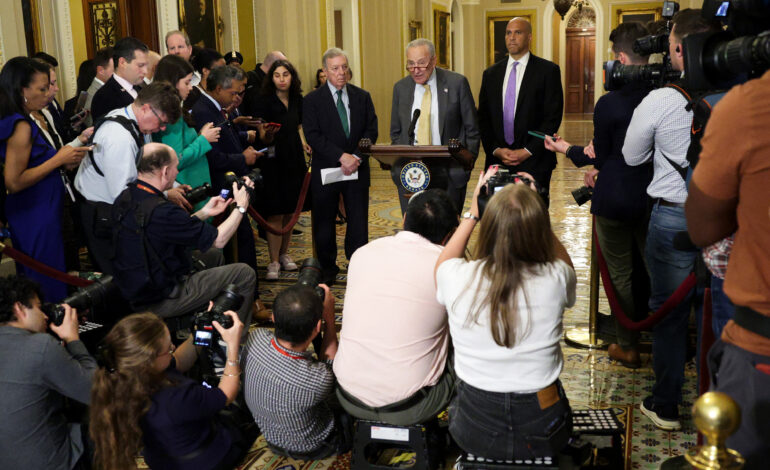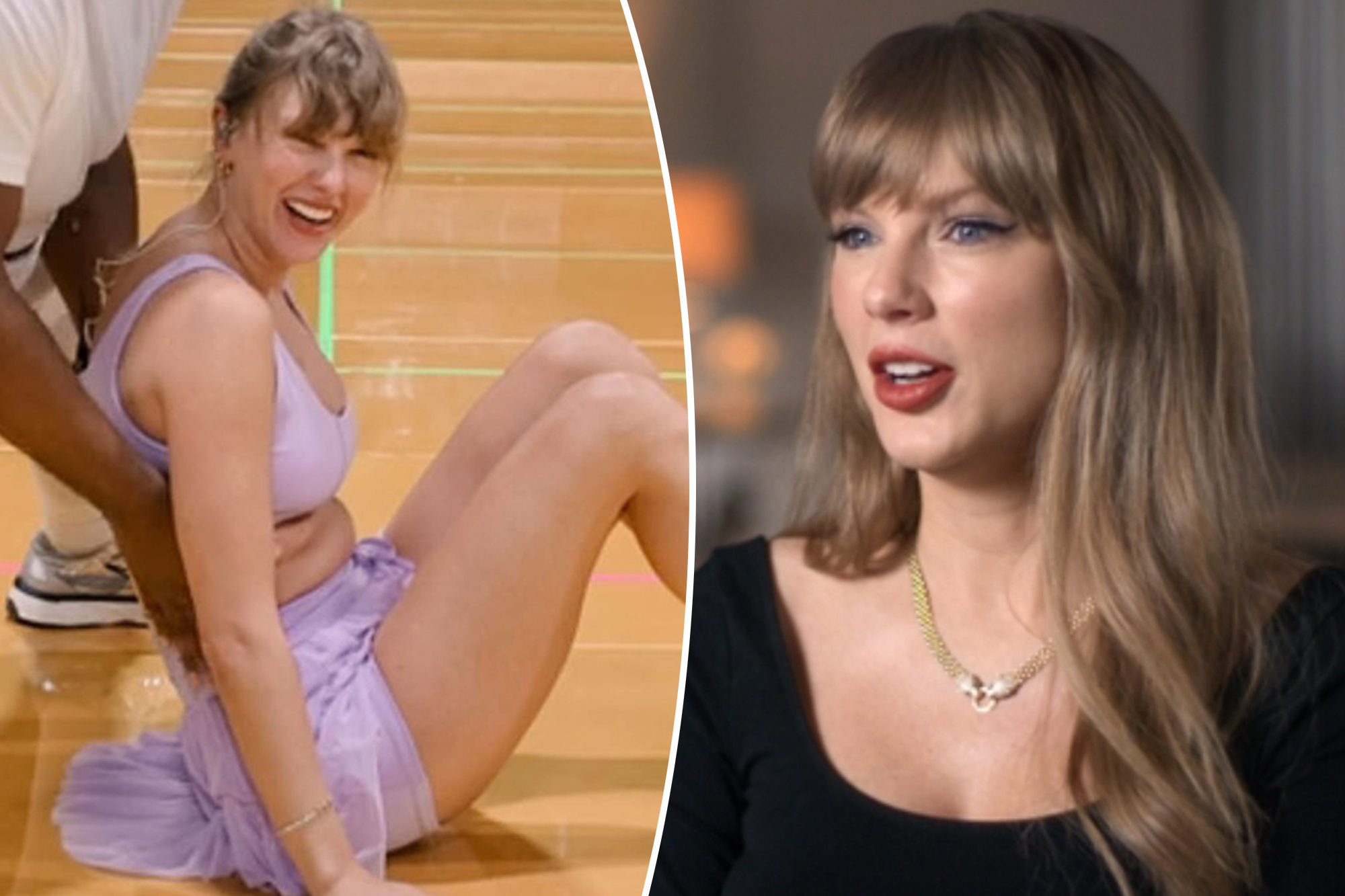Poll Reveals Historic Low Approval for Democratic Party

A recent poll conducted by the Wall Street Journal indicates that the Democratic Party’s approval rating has plummeted to its lowest level in over 30 years. The survey, which involved 1,500 registered voters from July 16 to 20, 2023, revealed that only 8 percent of respondents view the party “very favorably.” In stark contrast, 63 percent believe the Democratic Party is out of touch with the everyday concerns of Americans.
The survey highlights a significant shift in voter sentiment, as Republicans have gained trust on key issues such as the economy, immigration, and crime. Specifically, the poll found that Republicans lead on eight out of ten issues tested, despite the ongoing unpopularity of former President Donald Trump. Notably, the Journal reported a margin of error of plus or minus 2.5 percentage points.
Implications for the Democratic Party
The findings present a serious warning for the Democratic Party as it heads into the 2024 election cycle. In the previous presidential election, Trump narrowly defeated then-Vice President Kamala Harris by 2 points in the popular vote, with a tally of 50 to 48 percent. The electoral vote favored Trump as well, with a count of 312 to 226. The Democratic Party has since faced challenges in the U.S. House and Senate, struggling to articulate a clear message and effective leadership as the 2026 midterm elections approach.
The poll reflects a growing perception that the Democratic Party has been ineffective in addressing core issues, including inflation, border security, and crime. According to the Journal, Democrats now have a net favorability of -30 points, marking the worst performance for the party in the publication’s history. Only one-third of voters expressed any positive sentiment toward the party.
While Trump’s management of inflation and tariffs has drawn considerable disapproval—11 points and 17 points respectively—voters still trust Republicans more than Democrats to handle these issues. The GOP holds a 10-point advantage on inflation and a 7-point edge on tariffs. The Democratic Party only outperforms Republicans in healthcare and vaccine policy, indicating some retained credibility in public health matters.
Future Prospects
Despite the negative sentiment toward the Democratic Party, 46 percent of voters indicated they would support a Democrat for Congress if elections were held today, compared to 43 percent for Republicans. This margin is narrower than the 8-point advantage Democrats held at the same point during Trump’s first term in 2017.
Political analysts are expressing concern over the Democratic Party’s brand. Republican pollster Bill McInturff, who is not affiliated with the Journal‘s survey, noted, “We were already watching the tide moving out for the Republican Party by this point in 2017, and that’s not where we are today.” Democratic pollster John Anzalone, involved in the Journal poll, emphasized the need for the Democratic Party to reconnect with voters, stating, “Until they reconnect with real voters and working people on who they’re for and what their economic message is, they’re going to have problems.”
The Democratic Party now faces increasing pressure to redefine its economic message and rebuild trust with working-class voters. Meanwhile, Republicans are expected to reinforce their perceived strengths in fiscal and foreign policy as they prepare for the upcoming midterms.






